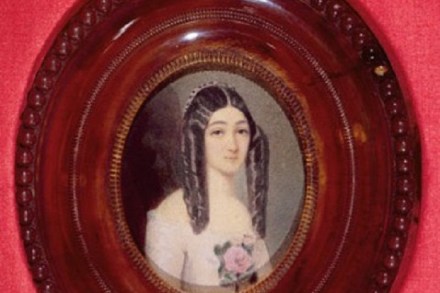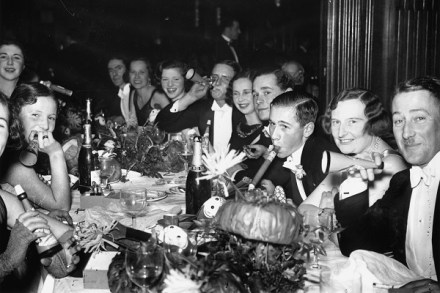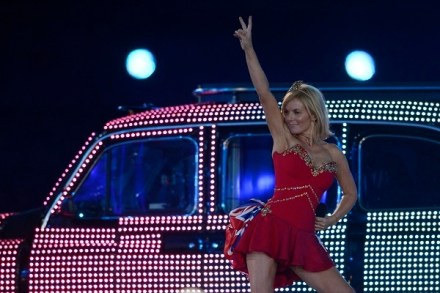Why is ‘feminism’ such a dirty word?
A few years back I did one of those online debates on the Times website, the subject being why feminism had fallen out of favour. Within about 60 seconds four people had used the phrase ‘gender is a social construct’ and, well, I sort of switched off at that point. It’s strange that the F-word is now so unpopular that even David Cameron, a man with a desperately keen ear for metro-liberal opinion, refused to identify as such last week. When asked by Red magazine, he said: ‘I don’t know what I’d call myself… it’s up to others to attach labels. But I believe men and women should be treated equally.’



















